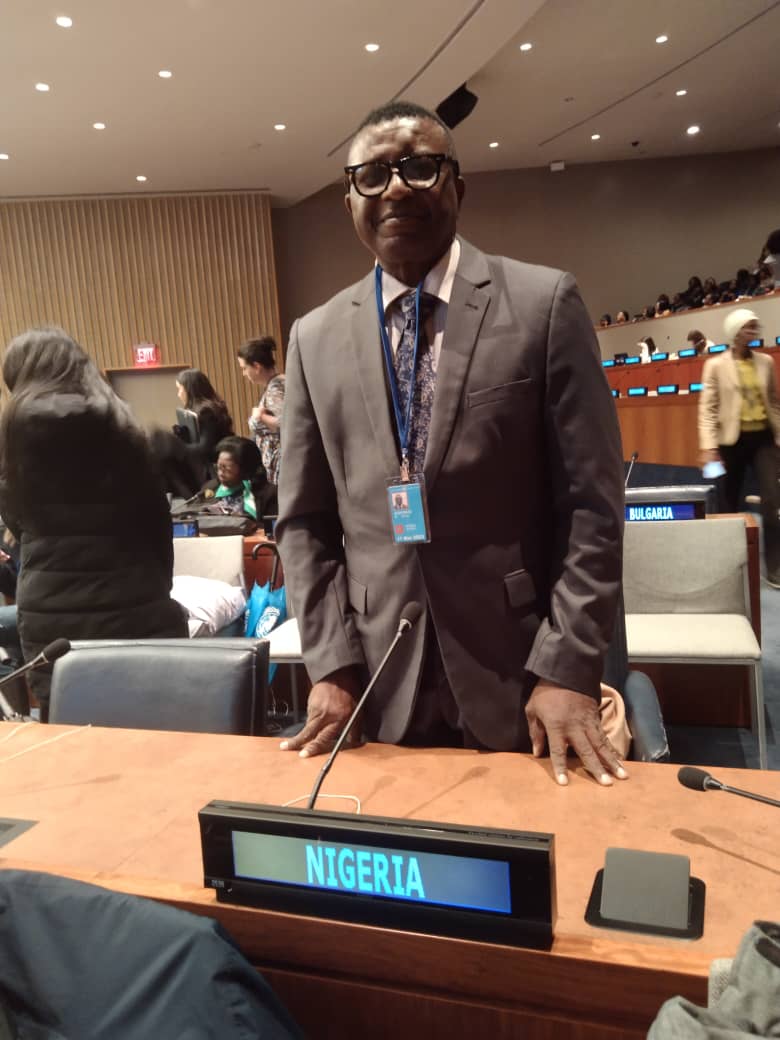By Sonnie Ekwowusi
It is sad that the Nigerian democracy has been churning out undisciplined rabble and entrusting them with the sacred duty of governing the affairs of their fellow men and women. Whether we admit it or not, Kakistocracy (government by the least suitable or incompetent citizens) has triumphed in the land. This tragedy cannot lead to human flourishing. Until we reinvent Nigerian democracy or refashion it to suit our peculiar circumstances, we are simply wasting our time by creating opportunities for those who would steal political power and wreak havoc on the country.
If Nigerian democracy must yield the so-called democratic dividend, then it must have a national character that establishes the parameters and moral high ground on which it should operate to promote the well-being of the people. Devoid of character, politics and political activities in Nigeria, in the words of Frederic Bastiat, the French political economist and philosopher, are legalized plunder.
In all democracies, especially in presidential democracies, sovereignty resides with the people. At periodic elections and through other intervening periods, the people determine who should govern them and how they should be governed. Unfortunately, in Nigerian democracy, the reverse is the case: the people are at the receiving end, and mostly unfit leaders determine how they should be governed. Worse still, the people’s votes do not always count at periodic elections.
Democracy rests on many assumptions. One of those assumptions is that men have enough wisdom and virtue to pursue the promotion of the welfare of the people. However, viewed against the backdrop of history, men often lack the necessary wisdom and virtue to achieve this goal. Democracy is challenged from within by sheer ignorance and the pursuit of personal interests at the expense of the common good and welfare of the people.
Plato, in particular, was hostile to democracy because he feared that such powers and institutions would be imperiled under the watch of men with unruly passions and appetites. In his often-cited classic work, ‘Democracy in America’, French political scientist, historian, and diplomat. Alexis de Tocqueville writes that democracy bereft of equality of conditions is bound to gravitate towards despotism. To these thinkers, democracy is not synonymous with instant political and economic prosperity. That democracy liberates all men assumes that there are political leaders with high moral principles ready to navigate democracy to a safe harbor. Unfortunately, most democracies, including the Nigerian democracy, are not run by men with high ethical principles.
If Nigerian democracy is to yield democratic dividends, those communally binding ideals must hold sway. Alexis de Tocqueville once stated that a country cannot escape destruction if the moral tie is not strengthened in proportion to the political tie. Simply put, if we want to strengthen our democracy in Nigeria, we must first strengthen the moral tie because the latter gives rise to the former. In her essay, ‘A Disposition of Delight,’ Elizabeth Covey, an assistant professor of political science in the Honors College at Baylor University, writes that when the religious and social traditions of society wither, we are left “with nothing but a dry and gritty residue.”
We should understand that the political enterprise is not an end in itself; it is a process to render service to the people and promote the common good. The separation of culture from politics or public life in Nigeria has led to a palpable moral bankruptcy that has been hindering progress over the years. We say we are a democratic society, yet we have been steadily excluding from our policies those cherished values that make democracy thrive and lead to human flourishing. Gradually, we are building a country of people who may be materially rich but who are culturally very poor.
Totalitarianism is present in constitutional democracy as much as it is in military despotism. Simply put,





